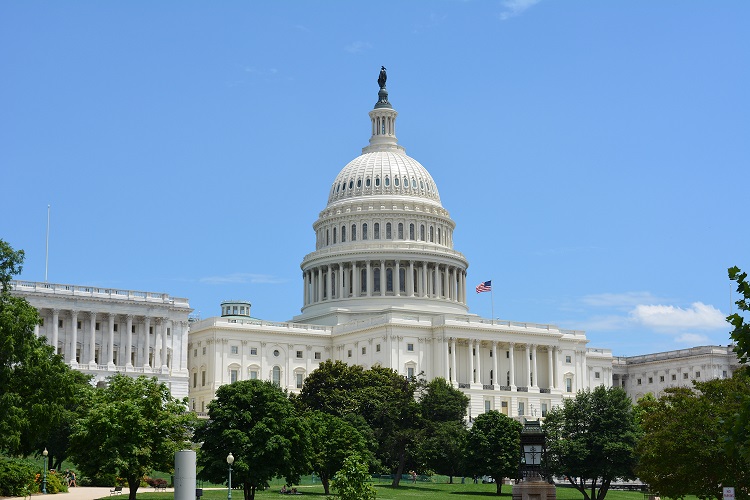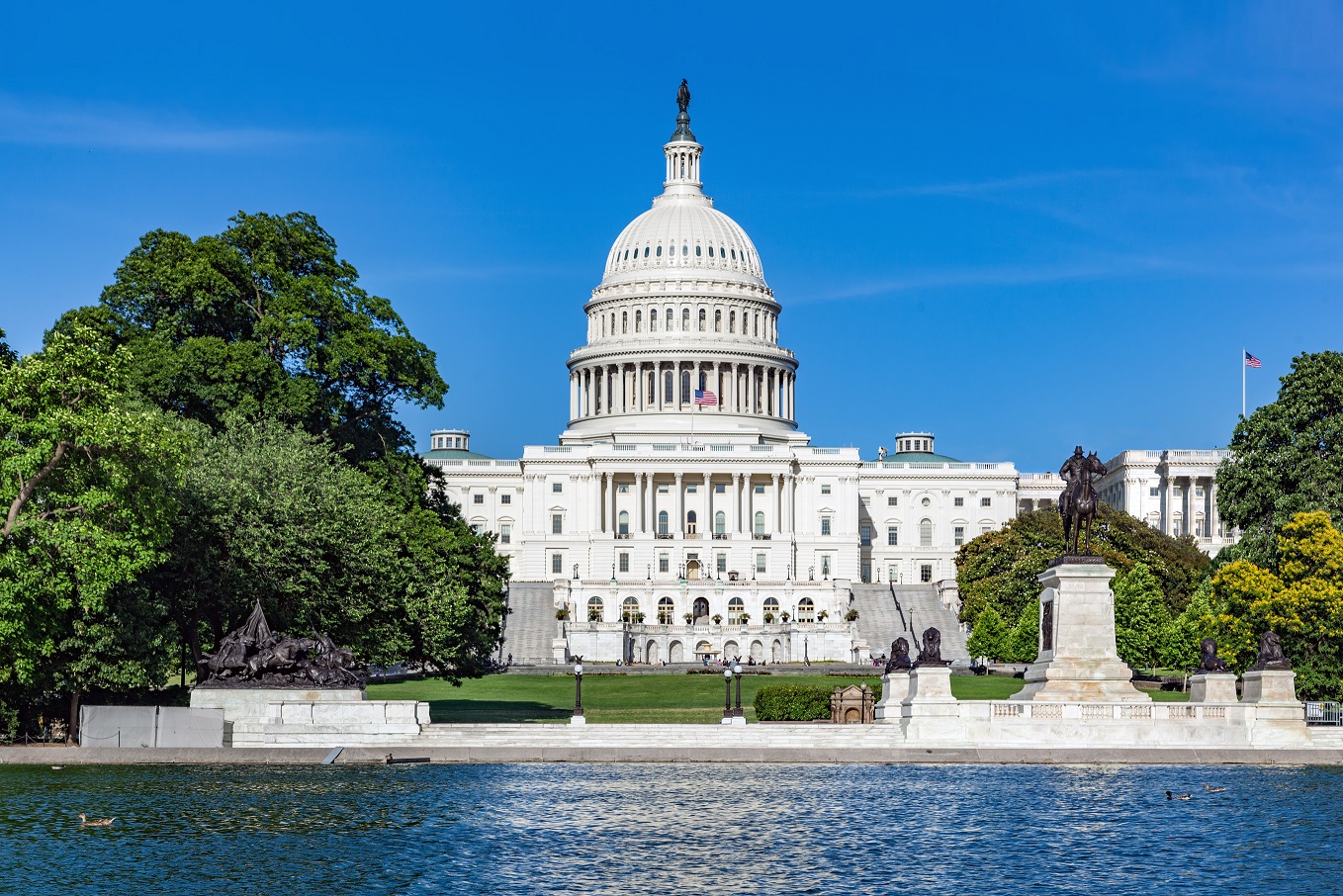Let’s face it, the last few years have been tough, and if you’ve been hoping to increase your revenue through government contracting, but not having much luck, you might be tempted to skip SAM renewal. But that might be a mistake and here’s why.
- You Can Win Government Contracts
Did you know that it typically takes companies more than a year to earn their first government contracting job? If you have been registered with SAM for a year or two, but aren’t winning any bids, this isn’t uncommon. Often, it just takes time to learn how to bid and you make a few mistakes along the way. It might also take time to find contracts that truly fit your goods and services.
We recommend that you check once each week on sites such as Beta.SAM.gov, which is part of the System for Award Management, or you can look for companies that specialize in helping businesses find all types of government contracts. These companies do charge a fee, but they can be a huge help toward matching you with the best contract opportunities.
- You Can Qualify For “Set Asides”
If your company qualifies as a small business, this can make it easier to win government contracting jobs. However, you have to register for what is known as “set asides” with the Small Business Administration (SBA.gov). The government sets aside a portion of its yearly contracting budget just for small businesses, and often for specific types of small businesses, such as a woman-owned small business or veteran-owned small business. Of course, you will need to complete SAM renewal to qualify for these contracts.
Additionally, most government contracts that are worth $100,000 or less are set aside just for smaller-sized companies. In some cases, such as for contracts worth less than $25,000, they often have a much easier bidding process, but, again, you must be registered with the SBA to be considered for these contracts.
If you qualify for a set aside, there’s just no reason not to sign up with SBA and enjoy the benefits of these programs. It’s also smart to check if you qualify for 8a certification benefits. The 8(a) Business Development program, as it is formally known, was created to help small, disadvantaged businesses win set-aside contracts and sole-source contracts. If your small business is 51% owned and controlled by a U.S. citizen that is socially or economically disadvantaged, you may qualify for this program.
- You Can Bid On State Government Contracts
Many people forget that state governments also award hundreds of millions of dollars in contracts every year, but you have to complete your SAM renewal to bid on these contracts. State government agencies will ask for your CAGE code, and only companies with active SAM accounts will be considered for state government contracts.
Of course, you also need to register with your state’s government procurement system. Technically, you can work with any state, even if your company is located elsewhere, but it can be easier to get started with your home state. Many procurement officers also are more likely to award contracts to in-state businesses, although this is not always the case.
State procurement systems also have their own search engines where you can find government contracts. To find your state’s procurement system, just do an internet search with the word procurement next to your state name. For instance, if you search for “Georgia procurement,” you will see several government web pages that will lead you to the state’s procurement system.
State governments also set aside contracts for small businesses, so we strongly encourage you to register with SBA and take advantage of set aside contracts as well as the many other resources available through SBA. Additionally, state procurement agencies often host free or low-cost events where contractors can meet with representatives from various government agencies and learn more about government contracting in general. What you learn at these workshops and events will translate to federal government contracting as well as state contracting.
- You Can Work Toward A GSA Schedule
The General Services Administration (GSA) was created to provide goods and services for other federal government agencies. The GSA maintains what are known as GSA schedules (sometimes called GSA contracts) to make it easier for agencies to acquire goods and services. If you can become a provider on a GSA schedule, you bypass the government contracting process and become a preferred vendor for the government.
This can be a lucrative option for many businesses to consider, but it does take time to get on a GSA schedule. In order to get started, you need to complete SAM registration or SAM renewal and be sure that you are registered with the SBA if you qualify as a small business. You can learn more about GSA schedules at https://www.gsa.gov/buying-selling/purchasing-programs/gsa-schedule.
Getting on a GSA schedule does not automatically ensure that you will earn government contracts, it is simply another avenue to pursue. If you are listed on a schedule, it can be much easier to do business with the government because you won’t have to deal with RFPs, RFQs, etc.
- Early Renewal Ensures You Can Keep Bidding
SAM renewal needs to be completed several months in advance of your expiration date and there are a couple of reasons why. The first is that if your SAM registration expires you can no longer do business with government agencies. So, if companies were in the middle of completing FEMA disaster jobs or DOD contracts, these agencies cannot work with you once your SAM registration expires.
This leads us to the second reason to handle your SAM renewal several months ahead of time. If you are bidding on contracts and a procurement agent sees that your SAM registration is expiring in just two or three months, they often won’t award you the contract.
We Can Complete Your SAM Renewal!
At Federal Contractor Registry, we don’t just help people with SAM registration, we also provide SAM renewal services. We can complete your SAM renewal quickly so that you can remain active and continue to try and win government contracts.
While we do charge a fee, we can ensure that every part of your SAM renewal is completed accurately. If you make mistakes, this can delay approval and you might miss out on contracting opportunities. SAM renewal can be nearly as frustrating and complicated as your initial SAM registration, and it makes sense to simply hire a pro and let us handle your renewal tasks just as you hire an accountant to handle your taxes.
We encourage most companies to complete their SAM renewal and to continue trying to win government contracting jobs. In the world of government contracting, persistence pays off and typically once you earn your first contract, the process becomes easier, and you are more likely to win future contracts. To get started, just click on the blue Renew Registration tab on our homepage.


